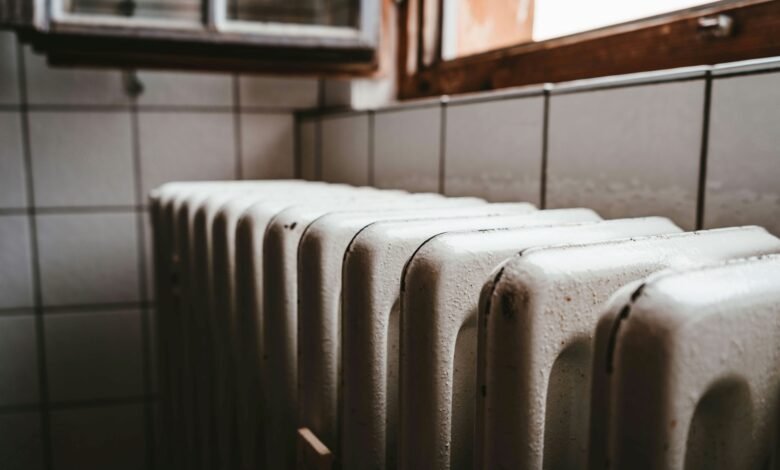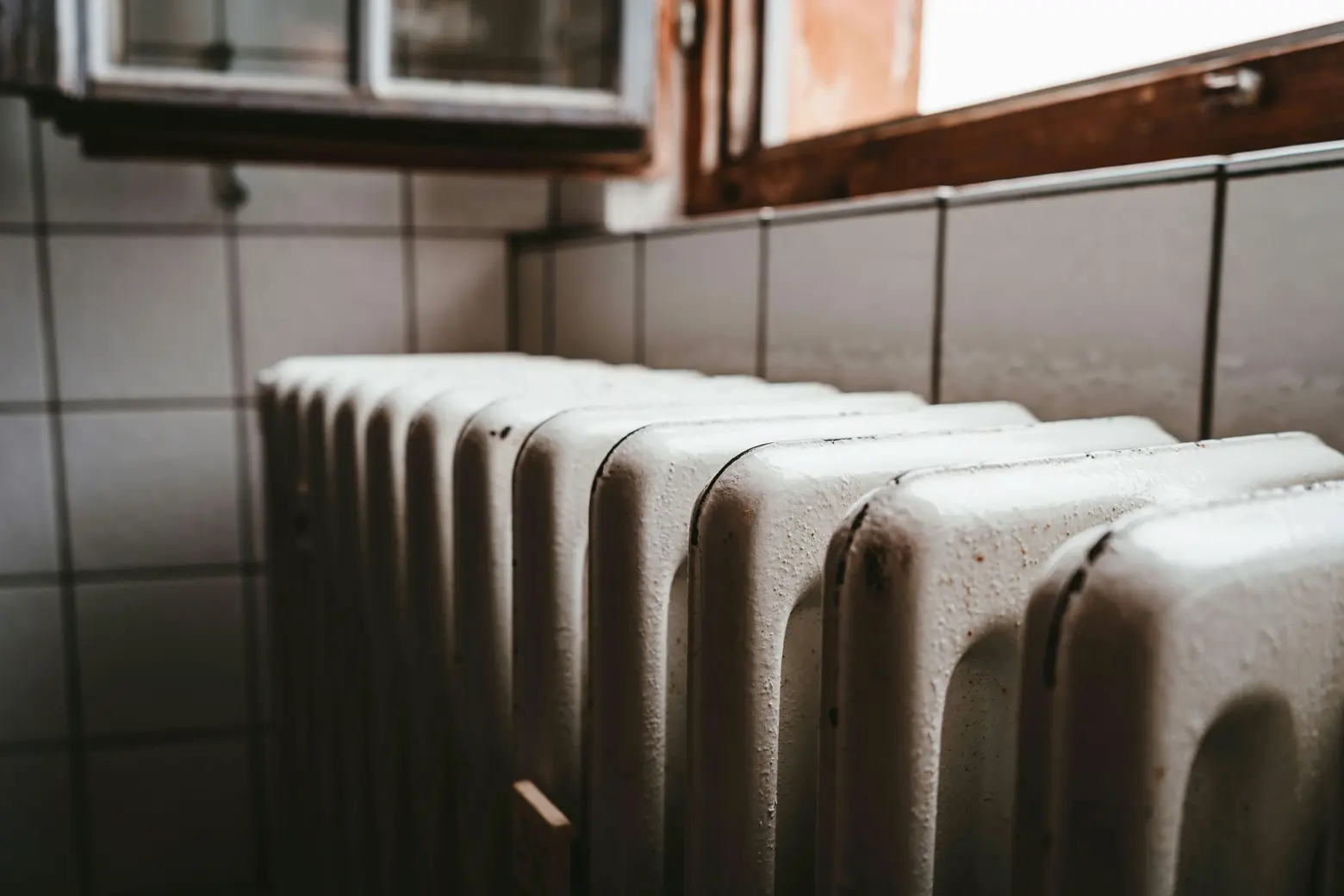Everything you need to know


CLANK, CLANK, CLANK—your radiator’s noisy signal that heat season has arrived in New York City. From October 1 to May 31, landlords across NYC are legally required to maintain safe temperatures for tenants. Ahead, here’s everything you need to know about your rights to keep warm this winter.
How warm should my home be?
According to city law, when outdoor temperatures fall below 55 degrees, landlords must maintain indoor temperatures of at least 68 degrees during the day from 6 a.m. to 10 p.m.
Overnight, indoor temperatures must be no less than 62 degrees, regardless of the outdoor temperature. Additionally, landlords are required to provide tenants with hot water at a consistent minimum temperature of 120 degrees year-round.
“Our fellow New Yorkers need, and deserve, affordable, safe, quality housing, and our message to our neighbors is clear: during Heat Season, we’re all here to give you the homes—warm throughout the winter—that you deserve,” Deputy Mayor for Housing, Economic Development and Workforce Maria Torres-Springer said.
What if my heat isn’t on yet?
The quickest way to resolve heat issues is to contact your building owner or superintendent, who typically respond faster to concerns.
If the issue remains unresolved, tenants can file a complaint by calling 311, visiting the 311 website, or using the 311 mobile app.
After a complaint is filed, HPD will reach out to the building’s managing agent to address the issue. They will also contact the tenant who filed the complaint, and if the tenant reports that the problem persists, an inspector will be dispatched to investigate.
What steps is the city taking to keep New Yorkers safe during winter?
HPD is stepping up its enforcement team this winter, with a new cohort of 10 inspectors slated to begin on Monday. The agency currently has over 330 housing inspectors across NYC.
In fiscal year 2024, the agency reported over 812,000 housing maintenance issues, a 15 percent increase from the previous year. This included 144,134 unique heat and hot water problems, marking an eight percent increase from the previous year.
HPD rose to the occasion in FY 2024, achieving an average response time of less than a day for emergency issues, 10 percent faster than in FY 2023. Additionally, the agency closed 24 percent more problems across all types.
The agency has collected over $3.5 million in penalties for heat and hot water violations, which includes more than $2.7 million in civil penalties from Housing Court, $280,000 in out of court settlement fees, and $600,000 in inspection fees.
To learn more about housing rights, visit HPD’s comprehensive guide, the “ABCs of Housing,” which covers important housing rules and regulations, here.
RELATED:






